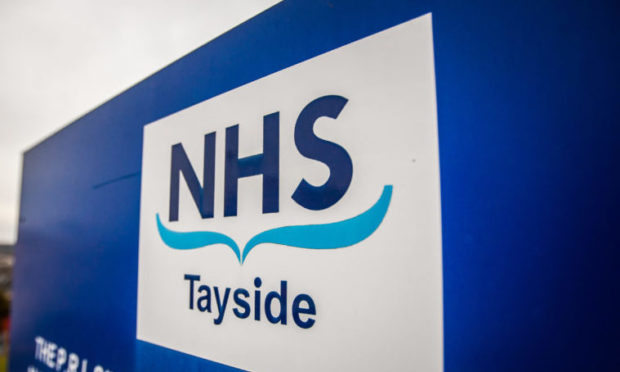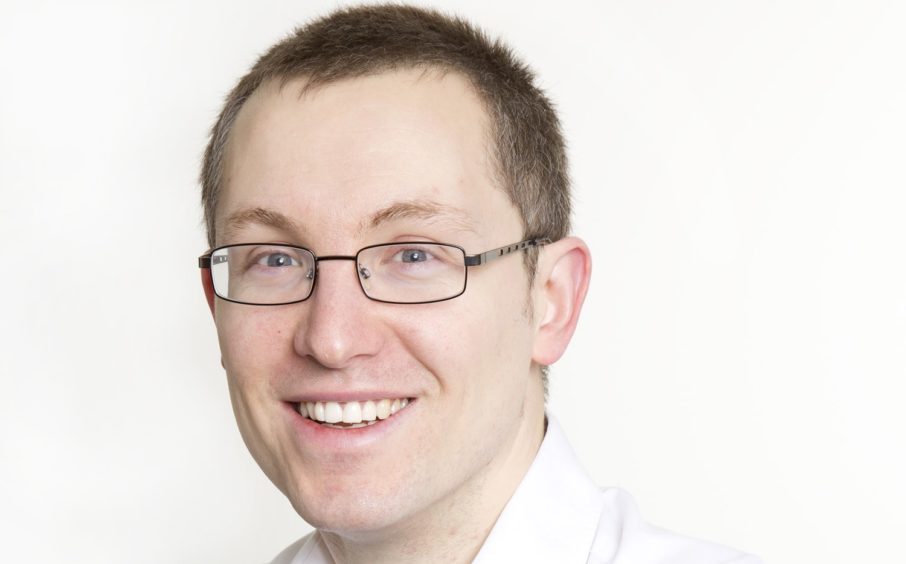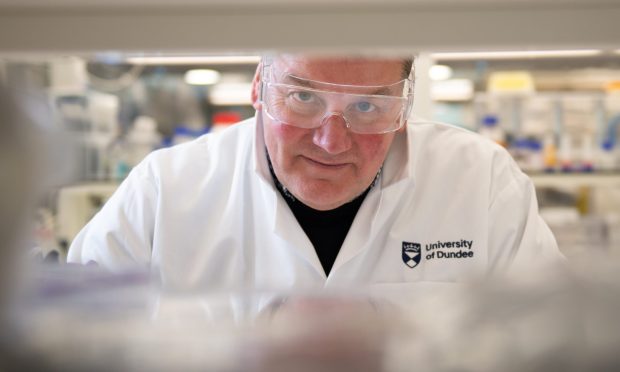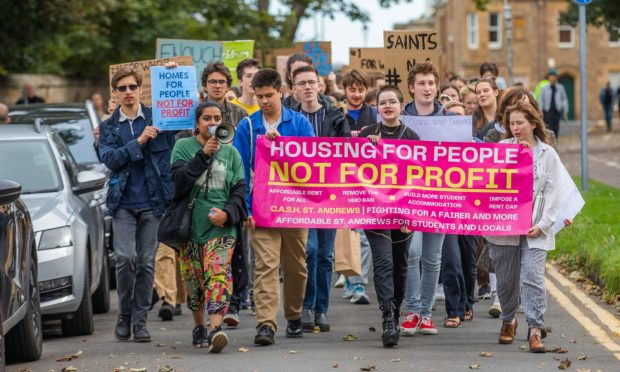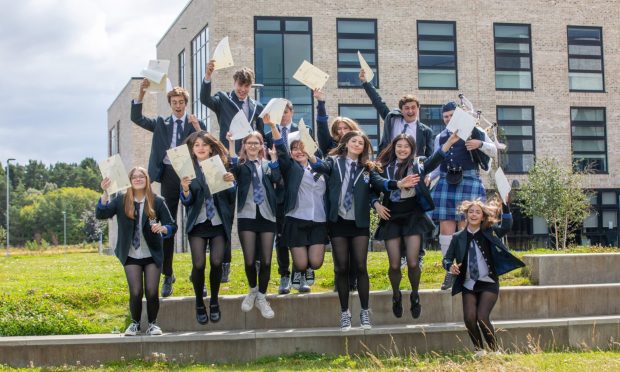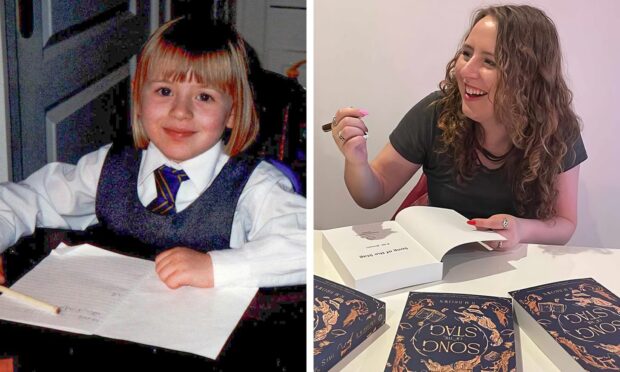A ground-breaking study in Tayside has revealed healthworkers to be three times more likely to have coronavirus than the general public.
The study of more than 2,000 NHS Tayside workers showed almost 15% to have coronavirus antibodies, compared to just 5% of the rest of the population.
Dentists and hospital porters emerged as high risk groups in the first major Scottish study for antibodies against SARS-CoV-2, the virus that causes Covid-19.
A leading consultant based at Ninewells said it is “no surprise” healthcare staff are more likely to have had coronavirus, but this is likely to be a result of them being out and about more as they worked during, rather than transmitted to workers via patients.
The Tayside figure is lower than antibody rates uncovered through similar English research.
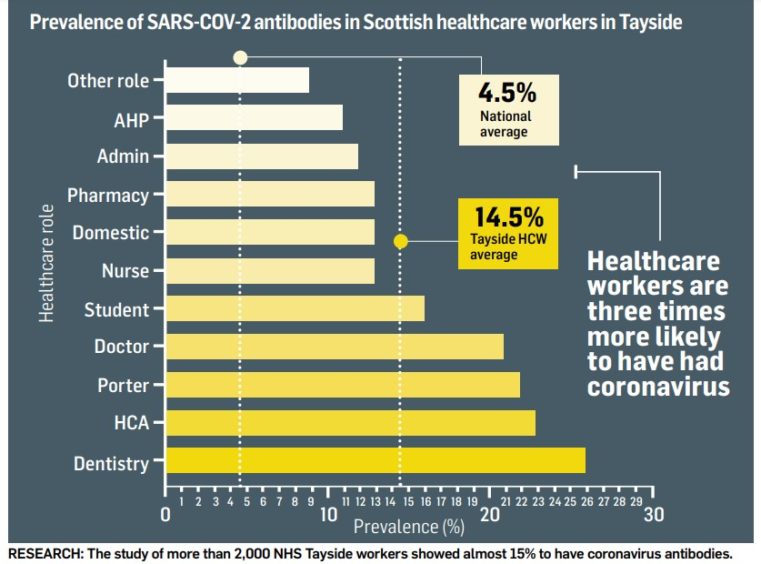
The Dundee University-led study tested more than 2,000 volunteer staff members including doctors, nurses, physios, radiographers, administrative staff and porters, between May and September.
Researchers detected antibodies in 14.5% of volunteers compared to 4.5% in the general Scottish population.
South of the border, antibody rates of between 20% to 25% were detected in hospital workers through similar studies.
The MATCH research is the first major antibody study of healthcare staff carried out in Scotland and one of the first in the UK.
More than 80% of the study group was female and 95.2% were white.
Study lead Professor James Chalmers, who is also a consultant respiratory physician working directly with Covid-19 patients at Ninewells Hospital, said: “This comprehensive staff testing programme means we have helped to validate an antibody test that can now be used across NHS Scotland.
“It is no surprise that healthcare workers are more likely to have had Covid-19 than the rest of the population so it is important we understand exactly how best to mitigate potential risks.
“The fact that working directly with Covid-19 patients did not put workers at higher risk suggests that NHS Tayside did a good job of protecting its staff.
“The most likely explanation for higher rates is the fact that healthcare staff were out and about more than the rest of the population during lockdown and transmission in non-clinical areas.
“Our study detected lower rates of staff infection than have been reported in various health boards in England and this also suggests that NHS Tayside did a good job under difficult circumstances.
“NHS Tayside is the first health board in Scotland to comprehensively assess the rate of infection in its staff, which will help us continue to protect staff and patients in future.”
From early in the pandemic, NHS Tayside has been praised for “early and extensive” testing of staff in a bid to reduce transmission.
In April, First Minister Nicola Sturgeon said the health board’s testing regime had been “exemplar” and other authorities had learned from it.
NHS Tayside’s clinical lead for winter planning, Dr David Connell, said the study will help bosses work to keep staff safe during a second wave and the busy winter season.
“This is a really important and timely paper on the impact of Covid-19 in healthcare workers in Scotland from Professor James Chalmers and his team,” he said.
“As we move into winter, we know that our staffing across NHS Tayside is going to be critical, so recognising the effect of Covid-19 on affected healthcare workers in the first part of the pandemic will allow us to make sure we can plan to look after our staff in winter using the best evidence available.”
